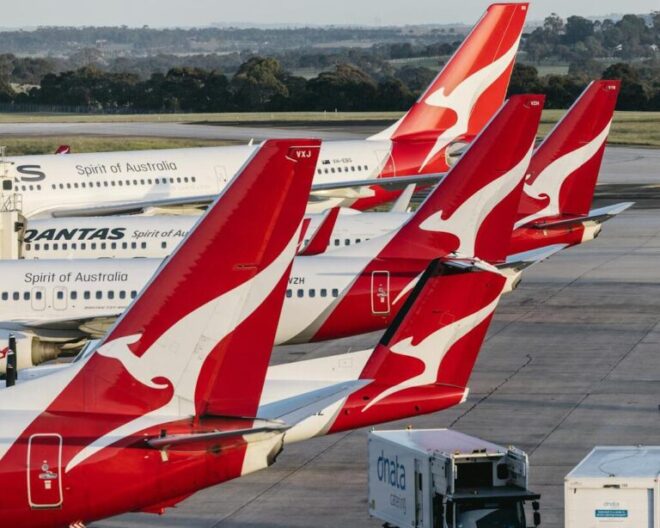
Qantas to Pay $120 Million Compensation to 1,820 Illegally Sacked Ground Handlers
Introduction
In a landmark decision, Qantas Airways has agreed to pay AUD 120 million (approximately USD 77 million) in compensation to 1,820 ground handling employees who were unlawfully dismissed during the COVID-19 pandemic. This settlement, reached in December 2024, concludes a protracted legal battle initiated by the Transport Workers Union (TWU) and follows multiple court rulings affirming that the airline’s actions violated Australian labor laws.
Background
In August 2020, as part of its response to the pandemic, Qantas announced plans to outsource ground handling operations at 10 major airports, affecting approximately 1,700 permanent employees. The airline argued that outsourcing would reduce costs and improve operational efficiency during a period of significant financial strain. However, the TWU contended that the move was a premeditated strategy to undermine unionized labor and circumvent workers’ rights under the Fair Work Act.
Subsequent legal proceedings culminated in a High Court ruling in 2023, which upheld earlier Federal Court decisions that Qantas had unlawfully terminated the employees to prevent them from exercising their industrial rights .
Court Rulings and Compensation Determination
Following the High Court’s decision, the Federal Court in October 2024 ordered Qantas to compensate the affected workers. The court established a compensation framework based on three “test cases,” awarding AUD 30,000, AUD 40,000, and AUD 100,000 for non-economic losses, such as emotional distress and hardship .
Justice Michael Lee, who presided over the case, capped the compensation at approximately 12 months’ salary, acknowledging that the workers would likely have been dismissed by late 2021 even without the pandemic. This cap was intended to balance the need for restitution with the recognition of the airline’s financial constraints .
Settlement Agreement
In December 2024, Qantas and the TWU announced a settlement agreement, establishing a compensation fund to be administered by the law firm Maurice Blackburn. The fund is set to disburse payments to the former employees, covering both economic and non-economic losses, as well as legal and administrative costs .
Qantas CEO Vanessa Hudson expressed regret over the incident, stating, “We know this has been a difficult period for those affected and are pleased we have been able to work closely with the TWU to expedite this process and resolve it ahead of Christmas” .
Broader Implications
This case has significant implications for labor relations in Australia. It underscores the judiciary’s commitment to upholding workers’ rights and sets a precedent for accountability in corporate decision-making. The TWU hailed the settlement as a victory for workers’ rights and a deterrent against future unlawful industrial practices.
However, the settlement does not mark the end of Qantas’s legal challenges. The airline faces additional penalties for breaching labor laws, and the TWU has called for broader reforms to prevent similar occurrences in the future .
Conclusion
The AUD 120 million compensation settlement represents a pivotal moment in Australian labor law, reinforcing the principle that corporations must respect workers’ rights and adhere to legal standards. While the financial restitution provides some measure of justice to the affected employees, the case serves as a reminder of the importance of vigilance and advocacy in protecting labor rights.